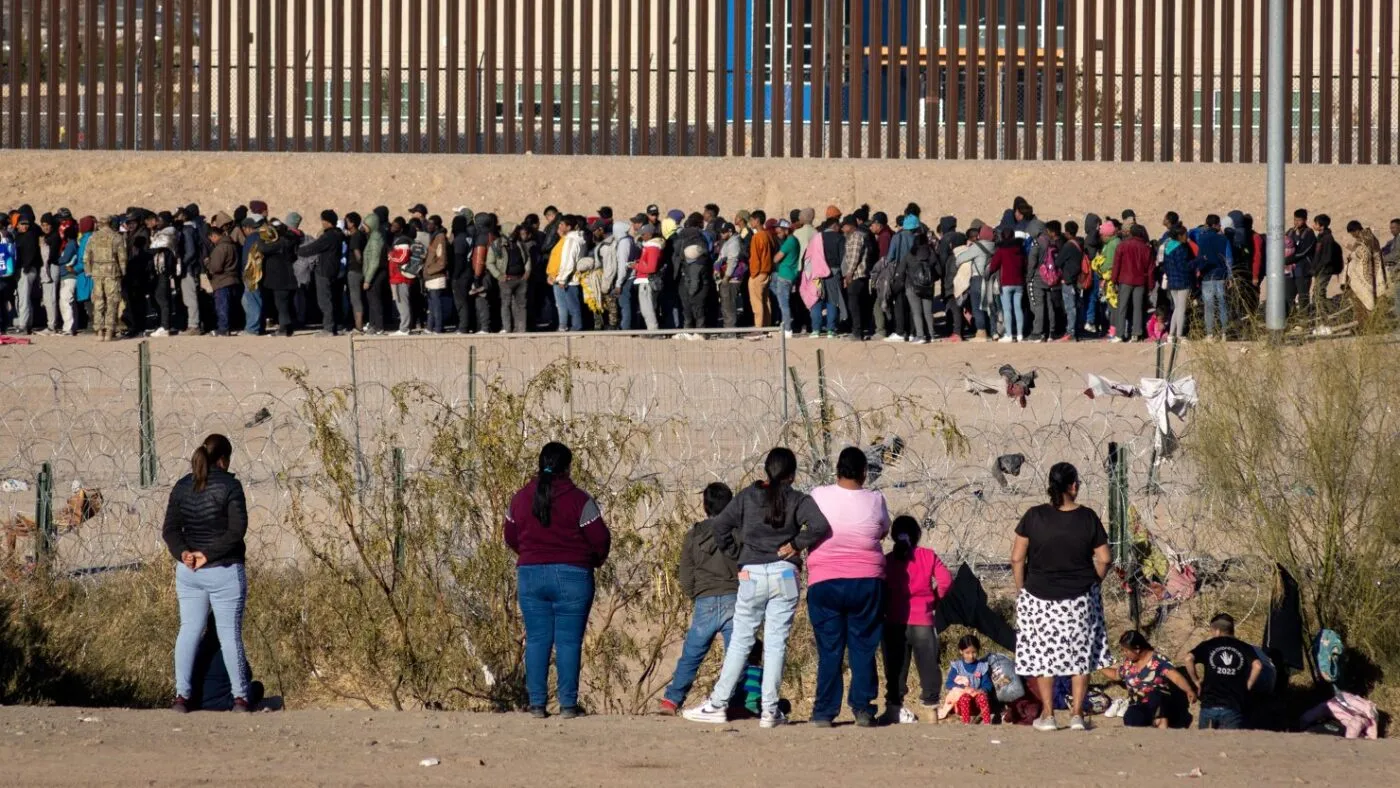In recent years, strikes and protests related to border policy between Mexico and the United States have become an integral part of the struggle for the rights of migrants and the Latino community. The situation at the border between the two countries has become increasingly tense, with millions of migrants seeking to cross in search of a better life. These strikes and protests not only reflect dissatisfaction with current border policies but also give a voice to those affected by governmental decisions.
Causes of Strikes and Protests
The increase in strikes and protests has multiple causes. First, the border policy of the U.S. has undergone significant changes in recent years, particularly under different administrations. Stricter border control measures, such as the construction of border walls and the increase of security forces, have made many feel that they are in an even more difficult situation. Human rights organizations and migrant communities have spoken out against these policies, arguing that they not only violate human rights but also have serious consequences for families and communities.
Additionally, humanitarian crises at the border, with millions of refugees and migrants, have prompted many individuals and organizations to stand up in protest. Protests often take place not only at the border but also in major cities across the U.S. with large Latino communities. These events are not just reactions to government policies; they also provide an opportunity for communities to express solidarity and support for one another.

Forms of Strikes and Protests
Strikes and protests take many forms, ranging from large-scale marches to smaller events organized by community organizations. One of the most common forms is large marches in cities like Los Angeles, Chicago, and New York. These marches attract thousands of participants, carrying signs and slogans calling for the protection of migrant rights.
Furthermore, many strikes also occur in workplaces, where workers protest policies that complicate the situation for migrant communities. Labor unions often collaborate with human rights organizations to organize strikes, demanding that the government change its policies and create more favorable conditions for migrants.
Impact of Strikes and Protests
Strikes and protests have made a significant impact on society. They not only attract media attention but also influence the policies of government agencies. Many politicians and leaders have had to reconsider their views on migration issues and border policy in light of the strength of the protest movement.
One of the positive effects of strikes and protests is raising awareness of the issues faced by migrant communities. With public support, many human rights organizations have been able to call for changes from lawmakers and promote more humanitarian measures for migrants.
Government Response
However, not all responses to strikes and protests have been positive. Governments and law enforcement agencies often react strongly to these protests. Some demonstrations have resulted in the arrest of participants, increasing discontent within the community. Authorities often cite security reasons to justify these actions, but many argue that this is a means to suppress the voices of those fighting for their rights.
The Future of Strikes and Protests
Given the current context, it is evident that strikes and protests regarding border policy between Mexico and the U.S. will continue in the future. With political and economic fluctuations in the region, the demand for fair and humane migration policies will become even more pressing. Human rights organizations and migrant communities will continue to seek ways to attract public and governmental attention to create positive change.
Conclusion
Strikes and protests regarding border policy between Mexico and the U.S. are not just reactions to political decisions; they are expressions of the struggle for human rights. They represent the community’s dissatisfaction with harsh and inhumane policies. In an increasingly divided world, solidarity and strong voices from the community will play a crucial role in driving change. These strikes and protests are not only a part of the movement to protect migrant rights but also a part of the broader fight for social justice and human rights globally.
